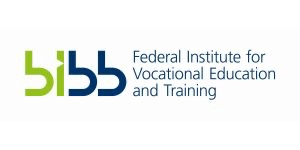The Democratic Republic of the Congo (DRC) is the second largest and fourth most populous country in Africa, and is also home to 7.3 million out-of-school children and another 3 million people who are internally displaced, almost all of whom live in extreme poverty.
The DRC has identified good-quality, inclusive education as one of the most important drivers to address the country’s plentiful natural resource management skills gap. The DRC’s Ministry of Primary, Secondary, and Professional Education is working with the Brookings Institution on the Optimizing Assessment for All (OAA) initiative to integrate 21st century skills into teaching and learning.
The initiative is designed to build capacity to change classroom-based assessment and also aims to shift perceptions on how assessment relates to broader education structures.
To build the capacity of teachers, a Teaching and Learning Educators’ Network for Transformation (TALENT) has been developed by UNESCO’s regional office in Dakar. This offers peer learning opportunities to consider the complexities of assessment of 21st century skills and how to assess these skills in the classroom. For example, activities such as ‘think aloud’ help teachers to collaborate with students on assignments developed by the DRC team. This helps students improve their teamwork and problem-solving.
The BILT project is implemented by

with support of

and sponsored by

UNESCO-UNEVOC International Centre
for Technical and Vocational Education and Training
UN Campus, Platz der Vereinten Nationen 1
53113 Bonn, Germany
Contact
Data privacy statement | Contacts | © UNESCO-UNEVOC